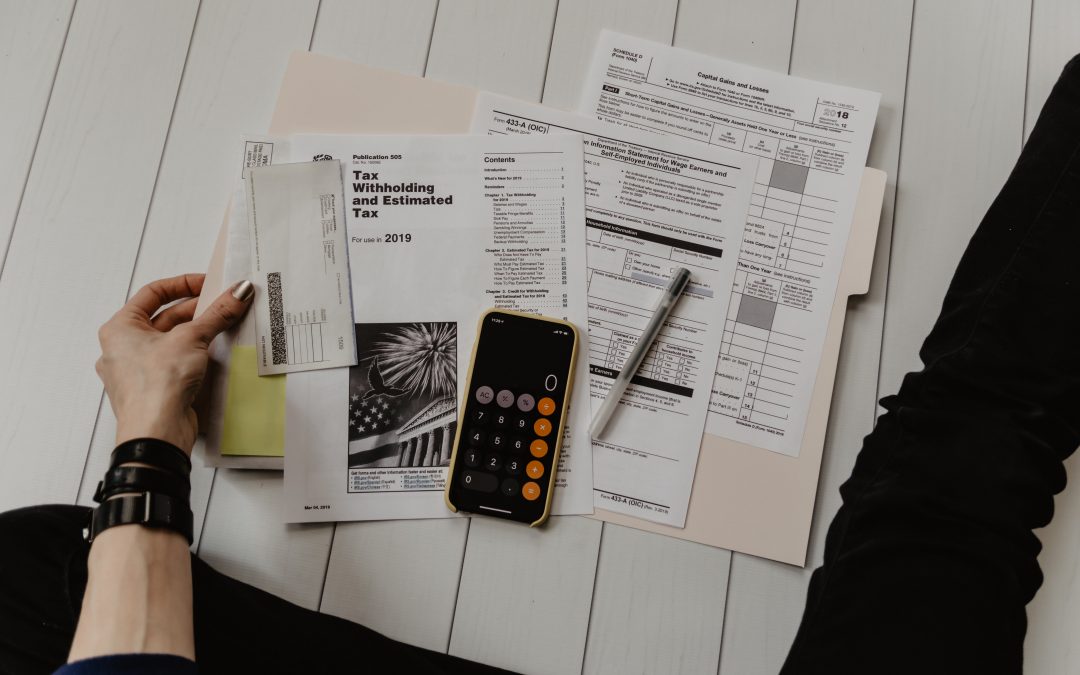All businesses in the UK, with annual turnover above the VAT threshold (currently £85k), are required to register for VAT and charge 20% VAT on their sales. This VAT must then be paid over to HMRC each quarter. Some businesses, however, can get into trouble paying their VAT bills. Cash flow issues can mean that companies can’t pay their VAT bills on time, leading to financial penalties. HMRC classes VAT returns and VAT payments that miss the payment or submission deadline as ‘defaults.’ If a default is recorded, you may be issued with a surcharge and penalty.
When do you need to pay VAT bills?
VAT should be treated as something entirely separate from the rest of the finances of your company – it is not your company’s money. The money you receive in the form of VAT is essentially a sales tax paid by customers for consuming your products and services.
HMRC requires that businesses pay their VAT bills within one month and seven days of the end of their VAT period (usually quarterly – although at the moment, with the coronavirus pandemic, businesses are permitted to delay their VAT payments).
If you’ve registered for VAT with HMRC, they will send you emails or update you on your business tax account when you have a VAT return to submit and pay. If your company doesn’t pay its VAT bills on time with a range of financial penalties.
What penalties might I get if I don’t pay VAT on time?
Tax rules, at present, state that a business must register with HMRC for VAT if turnover exceeds £85,000 per year within 30 days of this happening. HMRC will issue a penalty if you fail to register for VAT when you should have done – so it is important to keep an eye on your turnover! The penalty operates as a percentage value of your business, and you can only avoid it if you have a good reason for the delay.
HMRC will contact you with details of the surcharges and penalties you have incurred and you may be placed on a 12 month ‘surcharge period.’
If during this period you default again, HMRC may extend your surcharge period by an additional 12 months and you may need to pay a surcharge in addition to the VAT amount you already owe.
If you submitted your VAT return late, you could avoid paying a surcharge if you pay your VAT bill in full by the deadline, you are due a VAT repayment or you do not owe any tax.
HMRC calculates your surcharge as a percentage of the outstanding VAT you owe. The surcharge rate increases each time you default during the surcharge period, as follows:
| Default | If company’s annual turnover is less than £150,000 | If company’s turnover is more than £150,000 |
| First | No surcharge | No surcharge and entry into the surcharge system |
| Second | No surcharge | 2% (no surcharge if below £400) |
| Third | 2% (no surcharge if below £400) | 5% (no surcharge if below £400) |
| Fourth | 5% (no surcharge if below £400) | 10% or £30 (whichever is more) |
| Fifth | 10% or £30 (whichever is more) | 15% or £30 (whichever is more) |
| Sixth | 15% or £30 (whichever is more) | 15% or £30 (whichever is more) |
Source: https://www.gov.uk/vat-returns/surcharges-and-penalties
Default surcharges usually last for twelve months from the submission of your payment. If you continue to make late payments, HMRC will extend the surcharge period longer than the twelve months.
Some businesses try to appeal the surcharge. Usually, they do this on several grounds. Frequent reasons for late payments include loss of financial documents in fire or flood, lack of funds because of suppliers failing to pay on time, and severe illness around the payment date of taxes.
How to pay
All VAT payments must be made electronically. You can pay in a variety of methods, the most common of which is via direct debit. This system takes VAT payments from your bank account on set days in the month, ensuring that you regularly make payments as you do business. All other payment methods must pay VAT one month and seven days after the end of the VAT accounting period. Usually, this means that you need to make VAT payments by the 5th of every month to ensure that HMRC gets paid by the 7th.

